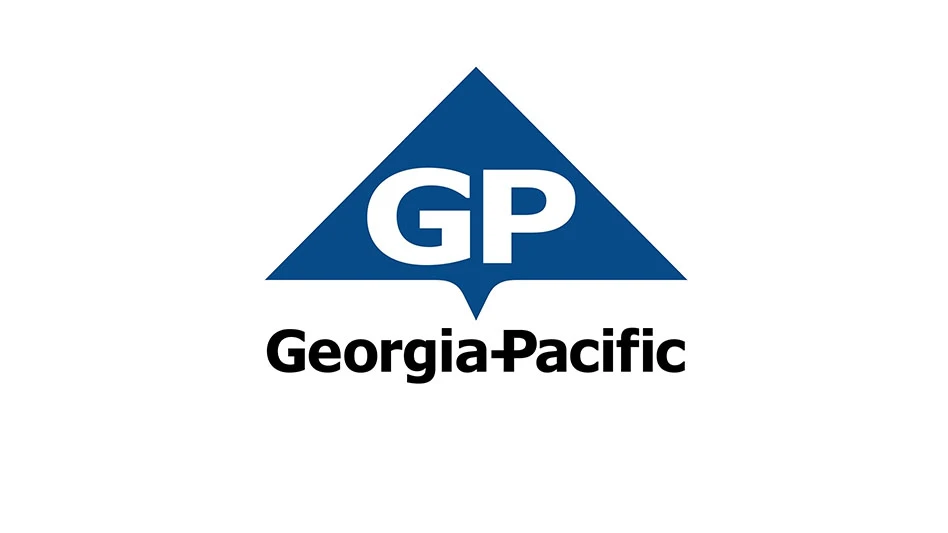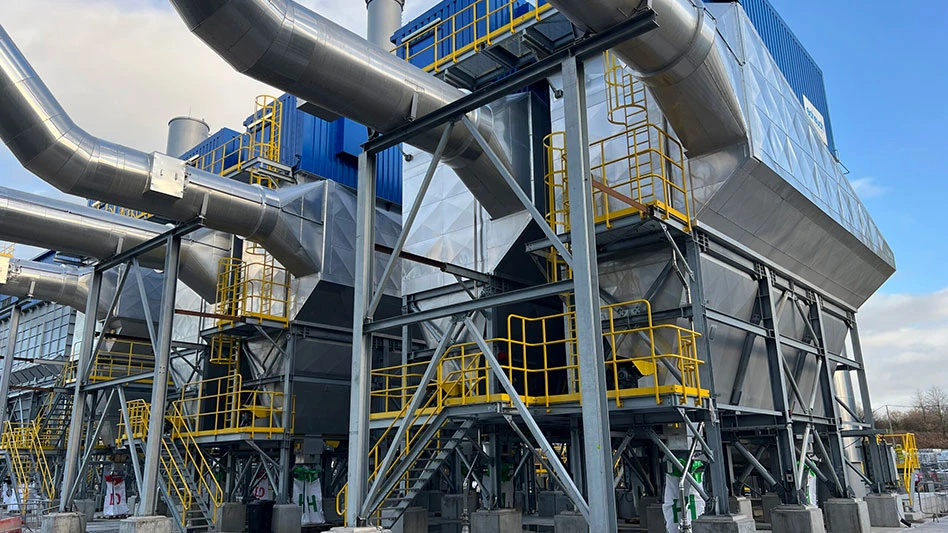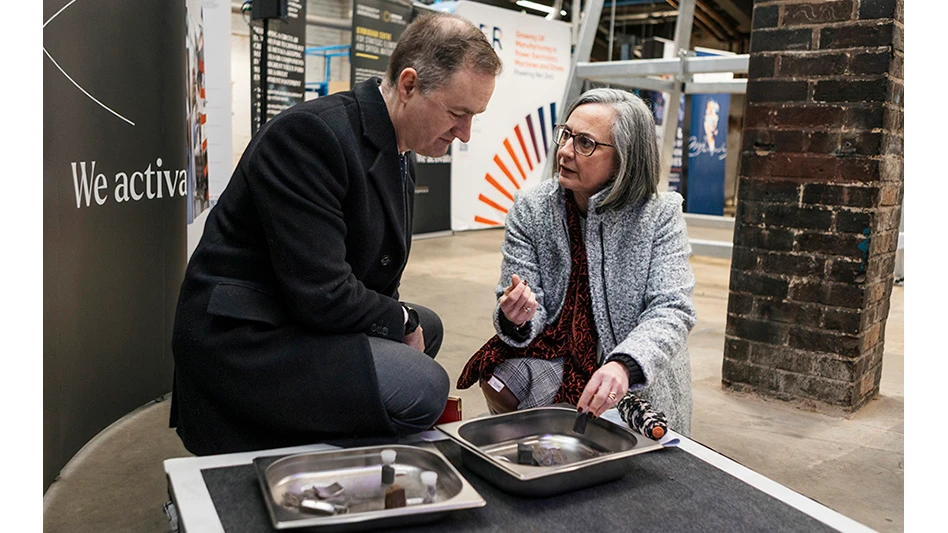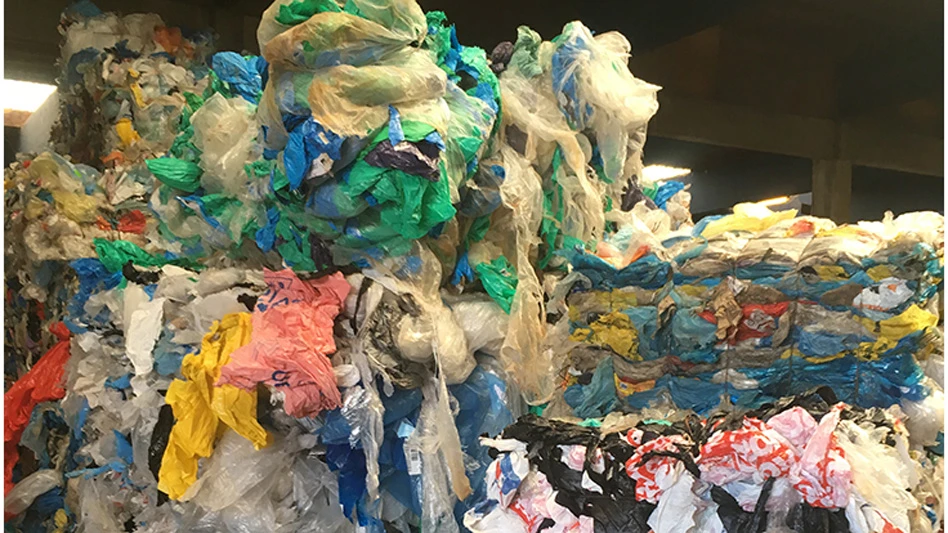U.S. demand for plastic containers is expected to grow 4.6 percent per year through 2010 to more than $24 billion, creating a demand for 14.2 billion pounds of resin, according to a study by Cleveland-based market research firm the Freedonia Group.
Plastic bottles and jars, which accounted for 78 percent of plastic container poundage in 2005, will be the dominant plastic container type through 2010, according to the Freedonia Group study. Although advances will be buoyed by the popularity of smaller-sized beverage bottles, beverage container growth will slow from the 2000-2005 period due to the maturity of the soft drink segment. The food and pharmaceuticals market will provide above-average opportunities, the study predicts.
Smaller segments of the plastic container industry like cans, squeeze tubes and trays will record faster growth than bottles and jars. Cans will benefit from expanding applications like paint and coffee traditionally dominated by other packaging media, such as metal. Squeeze tube growth will be supported by above-average increases in shipments of cosmetic and toiletry products. Advances in plastic trays are expected to be aided by the increasing prevalence of case-ready meats in may retail channels, particularly, Wal-Mart.
According to the study, by 2010, PET will usurp HDPE as the dominant plastic container resin due to robust growth in the bottled water market and increasing usage in other applications like food and household chemicals. However, HDPE will still account for 43 percent of total plastic container volume large because of its low cost and entrenched position in many key markets, such as milk.
Latest from Recycling Today
- Huber+Suhner expands sustainable packaging usage across fiber optic portfolio
- Lummus Technology invests in tire recycling solution from InnoVent Renewables
- WM plans $88 million recycling facility redevelopment in Florida
- Nonferrous markets start 2026 in dramatic fashion
- Novelis names chief operating officer
- Cards Recycling, Live Oak Environmental merge to form Ecowaste
- Indiana awards $500K in recycling grants
- Atlantic Alumina partners with US government on alumina, gallium production





